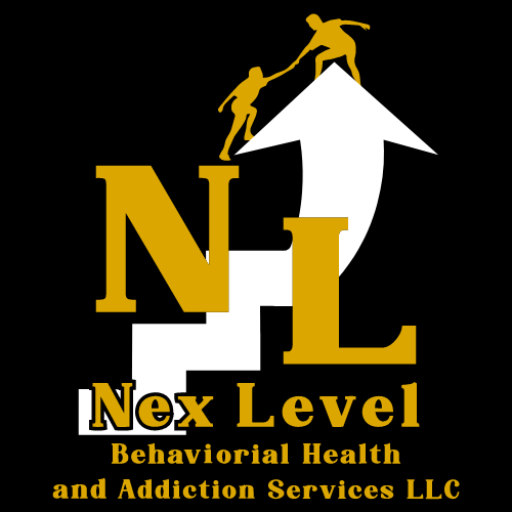Mental Health Treatment
Types of Mental Disorders Treated at Nex Level Behavioral Health
Mental health disorders are diverse and can profoundly impact individuals’ lives, necessitating personalized treatment approaches. At Nex Level Behavioral Health, we prioritize understanding each individual’s unique experiences, challenges, and aspirations to tailor effective treatment plans. Among the most commonly treated mental health disorders at our facilities are:
PTSD (Posttraumatic Stress Disorder)
PTSD is a mental health condition that can develop following exposure to traumatic events such as natural disasters, accidents, combat, or assault. Individuals with PTSD may experience intrusive thoughts, avoidance behaviors, altered cognition and mood states, and heightened arousal and reactivity. Additionally, PTSD may co-occur with related disorders like acute stress disorder.
Acute Stress Disorder
Acute stress disorder typically arises within a month of experiencing a traumatic event and shares symptoms with PTSD. Factors such as prior trauma exposure, mental health history, and dissociative symptoms during traumatic events can increase the risk of developing acute stress disorder. While often temporary, acute stress disorder may escalate to PTSD in some cases.
Anxiety Disorders
Anxiety disorders involve intense and persistent feelings of worry and fear that disrupt daily functioning. Common anxiety disorders include generalized anxiety disorder, social anxiety disorder, specific phobias, and separation anxiety. Symptoms can range from nervousness and restlessness to panic attacks, hyperventilation, and gastrointestinal issues. Treatment focuses on addressing specific anxiety symptoms to restore well-being.
Panic Disorder
Panic disorder is characterized by recurrent, unexpected panic attacks accompanied by intense fear and physical symptoms such as increased heart rate, sweating, trembling, and hyperventilation. Panic attacks can occur without apparent triggers and often lead to feelings of losing control. Onset typically occurs in late adolescence or early adulthood, with symptoms overlapping those of anxiety disorders.
Depression (Major Depressive Disorder)
Depression, or major depressive disorder, affects mood, cognition, and behavior, leading to persistent feelings of sadness, loss of interest, changes in appetite or sleep patterns, fatigue, and thoughts of death or suicide. Diagnosis requires experiencing symptoms for at least two weeks, significantly impacting daily functioning. Medical evaluation is essential to rule out other conditions mimicking depression.
Obsessive-Compulsive Disorder (OCD)
OCD involves intrusive, unwanted thoughts (obsessions) and repetitive behaviors or rituals (compulsions) aimed at reducing distress or preventing perceived harm. Common obsessions include contamination fears, doubts, and aggressive or religious thoughts, while compulsions may manifest as washing, checking, counting, or arranging objects. Disruption of these rituals can induce severe anxiety.
Start Your Mental Health Journey Today!
Take the first step toward mental wellness with a comprehensive assessment by our experienced professionals. Whether you schedule an appointment or walk in, our team will collaborate with you to develop an individualized treatment plan tailored to your needs. Begin your journey to healing today by calling (614) 534-0951 during business hours, day or night. Your well-being is our priority.





